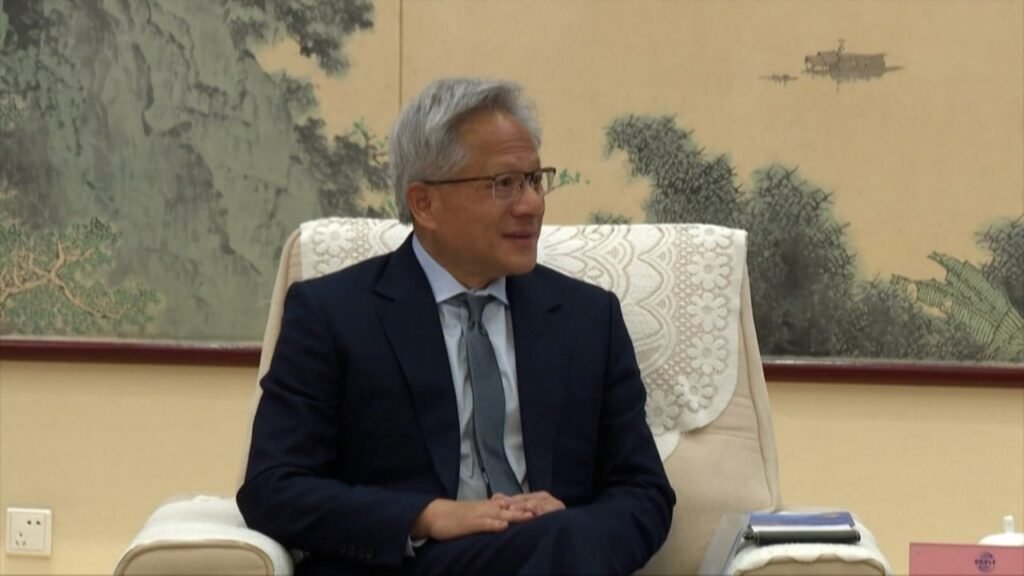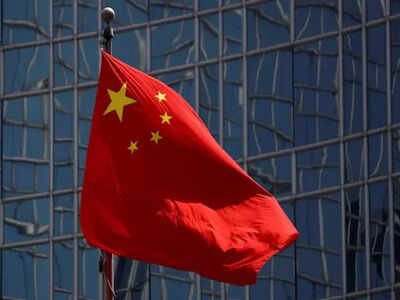This story is a part of the Student Life Blog, a blog written by Georgetown students about their experiences and life at Georgetown.
Bennie Chang (SFS’26) is a Georgetown Storyteller from San Jose, California, and studies regional studies, international business diplomacy and art. Luke Hughes (SFS ‘27) is a Storyteller from Lake Forest, Illinois, and studies Science, Technology, International Affairs, alongside Australia and New Zealand Studies.
We are so grateful to the students at Tsinghua University for welcoming us so warmly during the Georgetown–Tsinghua student dialogue on U.S.–China relations. From our very first virtual meeting to sharing meals on campus and climbing the Great Wall together, the experience was unforgettable. We learned so much from our peers at one of Asia’s most respected universities — and we’re already looking forward to staying in touch.
The spring 2025 session of the U.S-China Student Dialogue has come to a close. After a week spent in Beijing and Hong Kong, visiting several university campuses, engaging in critical discussions, trying local cuisines, and exploring historic cites, we are among over a dozen Hoyas who have been working to improve relations between our two countries, on the student-to-student level.
Our four virtual dialogues, held over Zoom, throughout March and April was just the first half of this program. We heard from Georgetown Professor Joanna Lewis about the politicization of environmental problems, and Tsinghua Professor Da Wei about the future of military politics. These conversations set the scene for our in-person trip, just a month later.
We are lucky to have discussed the role of the United Nations Security Council while enjoying Chinese pastries and Trader Joe’s snacks. We are proud that we are students of Georgetown – a school that seeks to engage more with the world around us. And most of all, we are grateful to those who made this experience possible. We are so excited to share with you all some of the highlights.

From Screens to Real Life: Our Dialogue Begins
Bennie and Luke
Our journey started online. Over four Zoom sessions in spring 2025, Georgetown and Tsinghua students disucssed some of the most urgent global issues: artificial intelligence, climate change and global security.
We will be honest — it felt a little awkward at first. However, by the third session, something clicked. Aanik Veedon (SFS’26) cracked a joke about finals season, and suddenly we were all laughing about our shared misery — closing our laptops after the session only to head straight to the library.
That moment broke the ice. It reminded us that before we are students of geopolitics, we are just students — swapping memes, craving travel and pulling all-nighters. Our differences became a source of learning, not distance.








